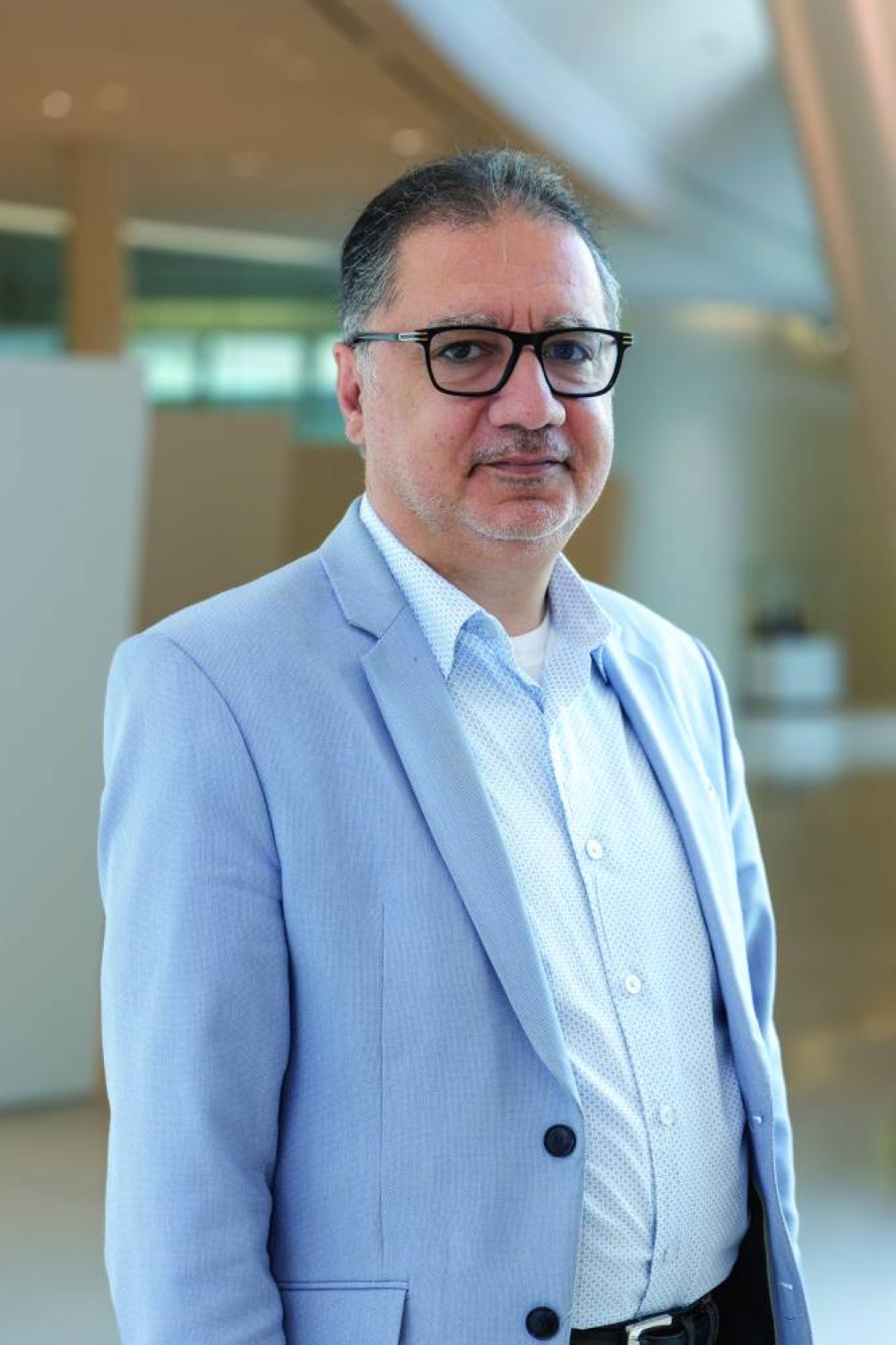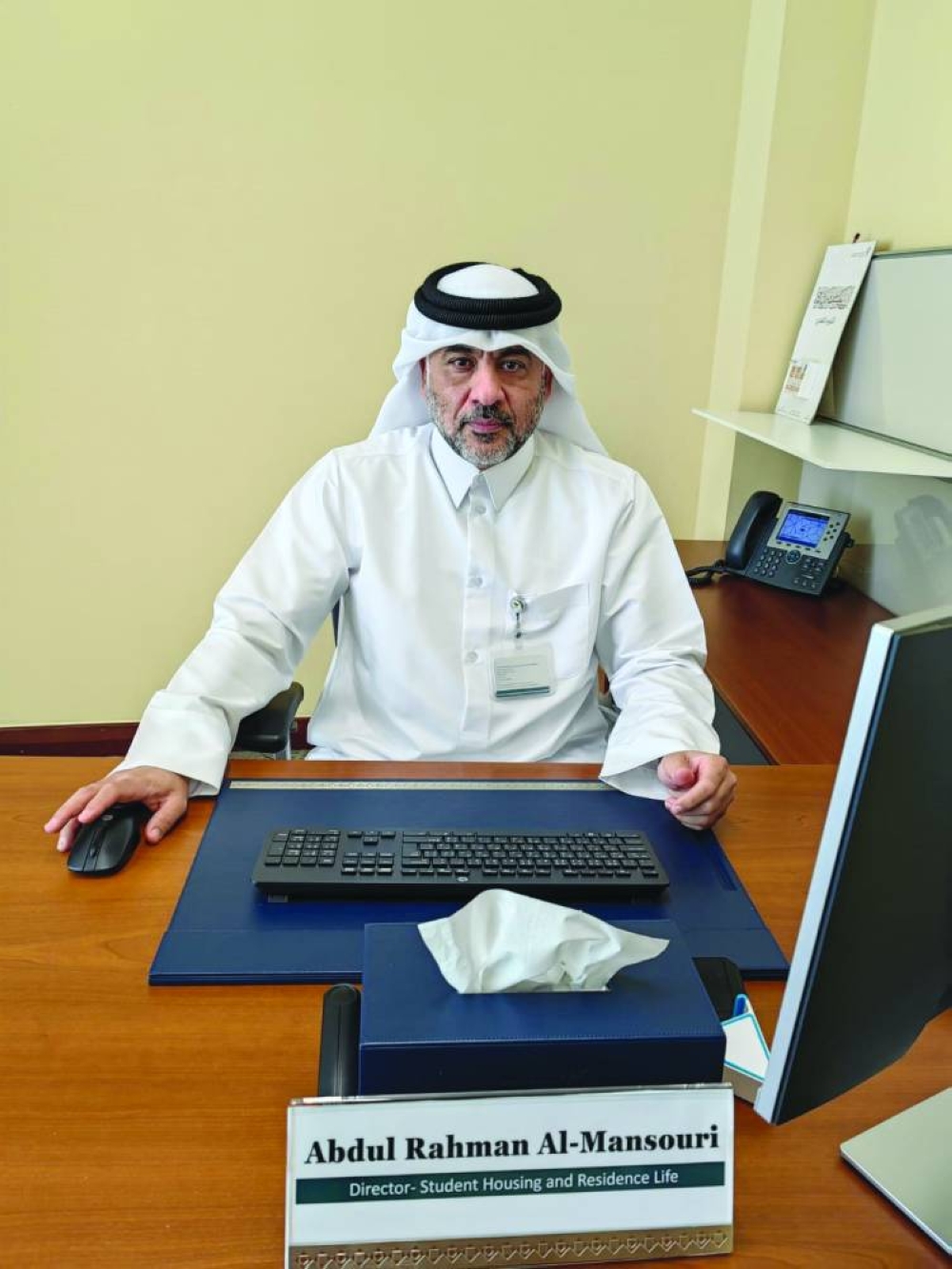As part of ongoing efforts to ensure student wellbeing, Qatar Foundation (QF)’s Student Housing has taken proactive measures and organised specialised training for 39 new Community Development Advisers to reduce the stigma and make mental health support easier to access.
The training was developed and delivered by Dr Rudwan Abdul-Al, recently appointed senior consultant psychiatrist and student counsellor from the QF’s Hamad Bin Khalifa University Student Affairs.
Community Development Advisers (CDAs) are live-in student leaders whose job is to create an academically and socially conducive living environment at QF Student Housing.
This year’s cohort of CDAs participated in the course, titled Mental Health Training for Community Development Advisers, prior to the start of the 2023-24 academic year in anticipation of the arrival of new students at Education City.
“For students and young people, it is especially important to consider that access to mental health support should not be limited to a clinical setting,” Dr Abdul-Al said. “Mental health support needs to be made available at the community level, close to people who may need it, and through peers who are properly trained to provide guidance.
“When trained, first responders are able to identify various mental health situations that students might face, and provide cognitive techniques and practical steps to handle them responsibly,” he added. “This early intervention approach helps prevent mental health issues from becoming serious problems.”
As mental health concerns have increased post-pandemic, and with the large population of international students at QF Student Housing, the CDAs have received different training models over the years, including QPR (Question, Persuade, Refer) and Mental Health First Aid training, to cultivate a culture of mental health awareness and wellness at the dorms.
“We have 966 students, including 82% international students, living at QF Student Housing from across the partner universities,” said Abdul Rahman al-Mansouri, director of Student Housing & Residence Life at the QF.
“While we recognise that mental health support is a very important facet of everyday life for all, we know that our international students are an especially vulnerable population – they do not have their families nearby, and they don’t yet have friends as a support system either,” he pointed out.
With these variables in mind, and building on previous trainings, Dr Abdul-Al sought to achieve two important objectives with his programme: to reduce the stigma of mental health issues, and to help minimise barriers to access mental health services.
“We’re hoping that by encouraging the CDAs to talk to their peers about mental health proactively – even before there are any issues – in an informed and supportive way, it helps to increase awareness about common mental health issues and normalise discussions about it,” he said. “It breaks down the taboo around the subject by letting students know that it’s okay not to be okay, because we’re here to help.”
CDAs are not expected to replace professional counsellors or healthcare providers.
The training provides them with the skills to recognise issues their residents may be suffering from, and if they are beyond the scope of their training, the CDAs also know what other external resources are available for support and how to connect with the affected individuals.
“The aim of the training was to allow CDAs to identify potential signs that their peers might need help,” al-Mansouri said. “Through Dr Abudl-Al’s sessions, we try to dispel mental health taboos and make our CDAs aware of the resources available to them and their residents.”

Dr Rudwan Abdul-Al

Abdul Rahman al-Mansouri
